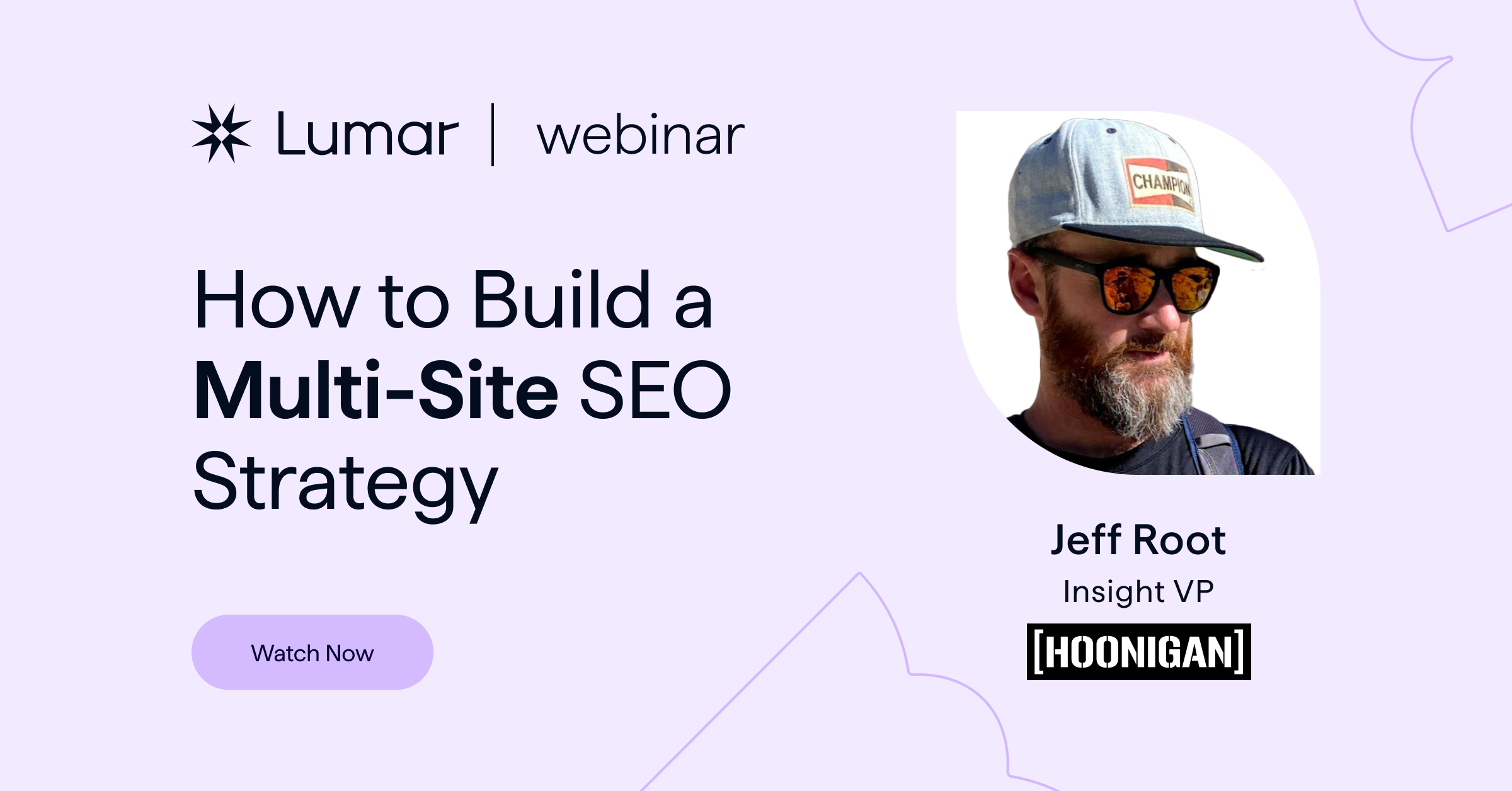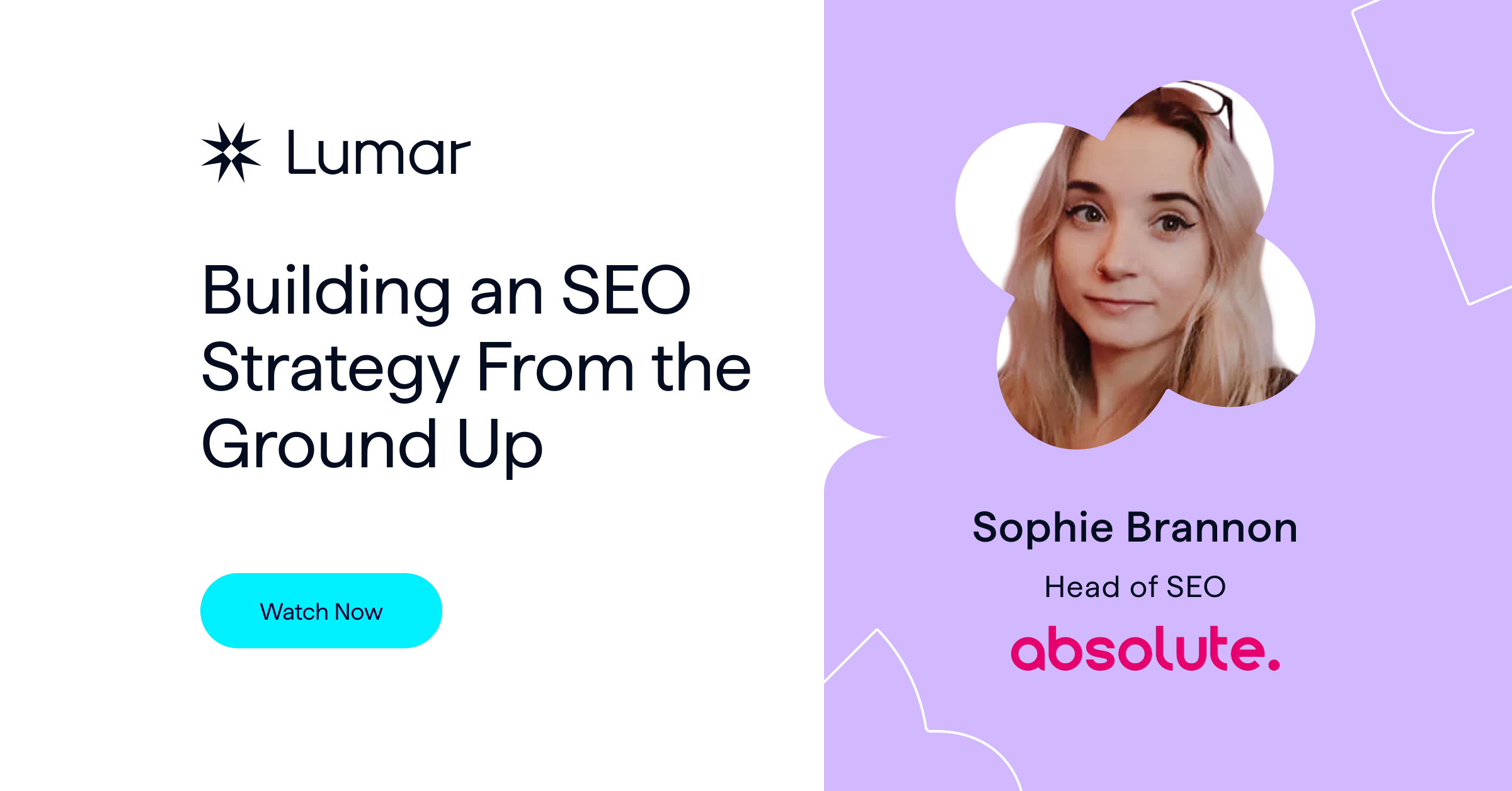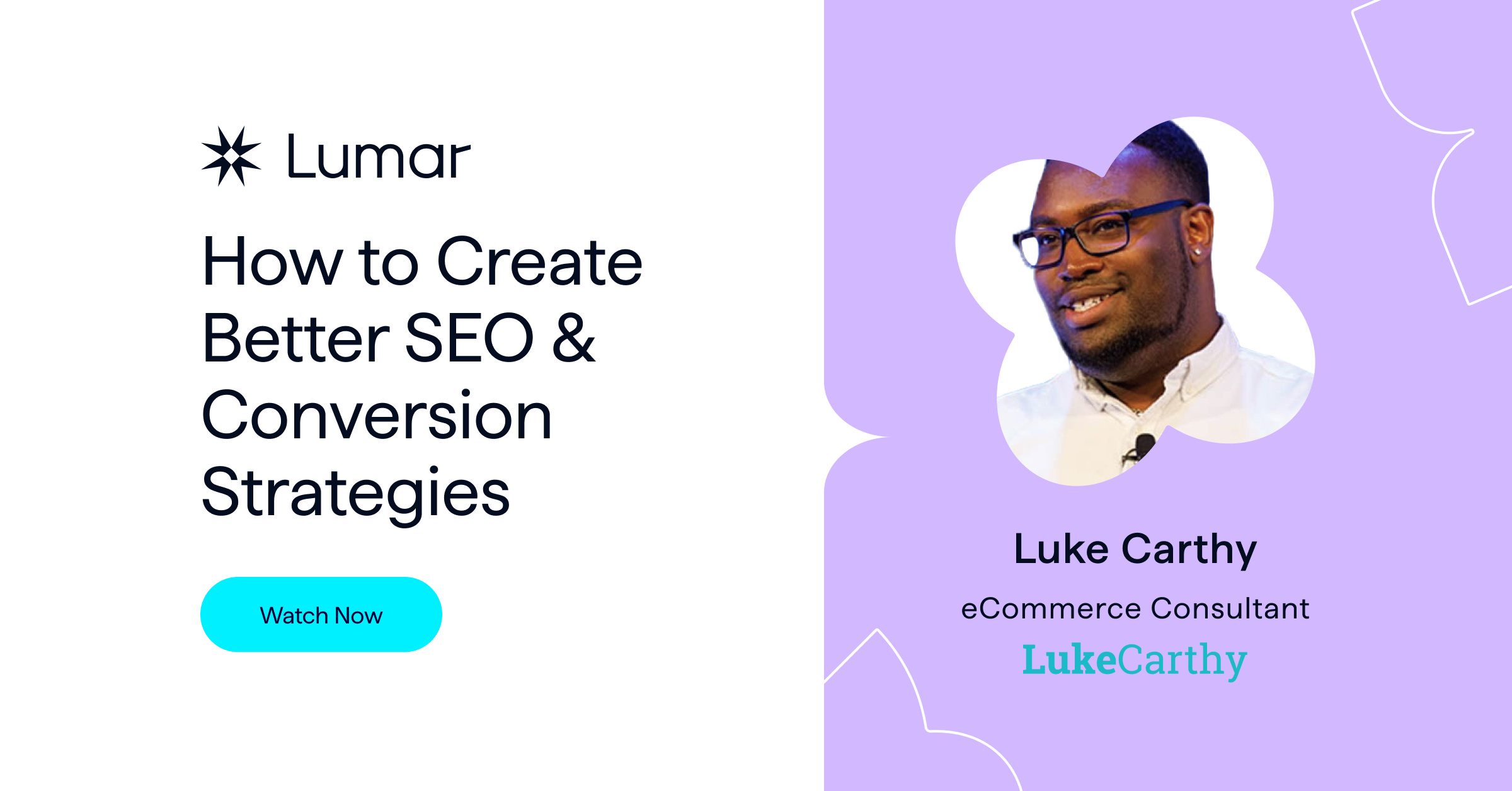Last week, we were pleased to welcome SEO consultant Nik Andreev to our Deepcrawl webinar series for a discussion of SEO strategy ideas for 2022 and beyond.
Andreev’s approach to building SEO strategies draws upon his background as an SEO manager at Experian, as well as his current role as a search consultant, providing his clients with best-practice advice for retaining search engine visibility in an increasingly competitive digital ecosystem.
Watch the full webinar (and Q&A session) above, or read on for our key takeaways from the presentation.
Get to know your product and business… again
We know that consumer migration from offline to online channels has massively accelerated in the past couple of years, thanks in no small part to rapidly changing worldwide consumer behaviors during the pandemic.
Andreev highlights how COVID has also altered the business landscape. Not only are organizations around the world doing more online, but more companies are starting up than ever before.
According to a report by UHY Hacker Young, there has been a “wave of entrepreneurialism” in the UK since the start of the pandemic, with about 726,000 new UK startups opening in 2020 (compared to 636,000 in 2019). And in the US, Quickbooks and Intuit have found that 17 million employees say they want to start a business in 2022.
For existing companies, this brings with it a new wave of competition and potential for new disruption. Andreev’s first SEO strategy for businesses is that they should look at the bigger picture. His advice here is to:
- Position your whole business, not just SEO, to be the best it can be for your customers.
- Look at your website through an SEO lens and ask: How do people search for products like yours online? Are your products in demand? Can you anticipate what users may want to see on your website? What are their search engine queries telling you about the content and products they are looking for?
This bigger picture is crucial when launching a new website, service, or product. Andreev urges companies to give potential customers reasons to choose them over their competitors.
- Does your website provide real value to users?
- What’s unique about your product or offering that sets you apart from your competitors?
- Can customers trust your business? Does your website demonstrate a positive brand reputation through customer reviews?
- Do your website and content communicate your expertise?
- Do users want to stay on your website and engage with your brand?
Alongside this wider contextualizing, Andreev also promotes the idea that SEO can be recontextualized within the business:
“I believe that SEO can become part of almost every business function,” he says. “Insights can be shared with the wider marketing team…but also, you can share information on search — and any insights on users [gathered from search data] — with your product team and your customer service team. And all that impact is underlined by a solid technical foundation.”
Of course, that solid technical foundation boils down to having comprehensive, accurate data upon which to base decisions. Andreev suggests the following tips to help ensure that a data-driven technical foundation is in place:
- Aligning SEO with other teams as much as possible.
- Setting KPIs to track and evaluate performance.
- Getting granular with tracking – CTAs, internal search, link clicks (email, affiliate).
- Understanding the full impact that SEO has on other channels (and vice-versa).
- Integrating multiple data sources so you can understand the full user journey.
Learn from your users, constantly
Andreev looks to the following quote from Google’s Martin Splitt on considering the value of user input when developing SEO strategy:
“I would love to see more customers do user testing, as in trying to understand who are your users, and then actually having a conversation with them. Because what I think is the best content for my users might not be what users think is the best content for them.”
Andreev warns that things in SEO change constantly. But one consistent thing in the realm of search is that algorithms want to promote the best websites in their search results. He highlights three ways users can help give us insight into these changes and whether our sites are really performing as they should be:
- Learn from the people using your website. (e.g. surveys, heatmaps, journeys, user sessions, A/B testing.)
- Learn from publicly available data. (e.g. YouGov, FOIA requests, the Money Charity.)
- Learn about your customers from non-automated sources. (e.g. conducting user interviews, focus groups, etc.)
When it comes to the types of feedback we should be looking for, Andreev suggests answering the following:
- Does the content on your product pages solve a problem users may have?
- Are there pain points in the user experience?
- Does the page meet user intent?
- Which parts of the page do users like or dislike and why?
- What content do users find to be the most valuable?
This user insight can then be used for SEO optimization in the following ways:
- Redesign website pages in line with what users what to see.
- Add content that provides more value to users (aside from copy).
- Improve copy so it’s easier to understand and doesn’t confuse users.
- Manage user expectations by giving enough information about the next steps.
- Test different headings, images, and positioning of CTAs and/or important elements.
However, Andreev does warn that SEOs should always stay aware of the risks when making any drastic changes to existing pages based on user feedback. Keep testing!
Build relationships, always
As we have touched upon earlier, Andreev believes that SEO touches on many different teams and can be incorporated into many different areas of the business.
When it comes to relationship-building, SEOs should to be mindful of the following:
- We can’t work in isolation.
- Other teams have their own priorities and projects to worry about.
- We need to show the value of SEO to other teams. What’s in it for them?
- Try to integrate SEO into their process.
- Communicate key SEO insights and achievements to the wider marketing team.
- Be proactive – continuously monitor for opportunities to help other projects and teams.
Andreev really believes the relationships SEOs foster with other teams can work both ways. For instance, we can use other teams’ help, insights, and data to improve our own SEO strategies going forward in the following ways:
- Use propriety data that can help improve page copy and consumer trust.
- Include (substantiated) marketing claims to improve engagement and conversion rates.
- Integrate sales data into page optimization. (Which products generate the most revenue?)
- Leverage company data for digital PR and link-building campaigns.
- Connect SEO with other channels’ data to better understand the full picture.
On the flip side of this, he also highlights how SEOs can feed their own insights into the larger business-wide planning and decision-making being undertaken by other teams:
- New product launches – SEO insights around user questions and keyword searches can help with project plans, market research, and the creation of supporting content for product launches.
- Website expansion and/or redesign projects – SEO data can help when planning site architecture and liaising with UX, design, and dev teams.
- Business analysis of best-performing products and services – Which types of products drive the most revenue and garner the most interest from search? Help your sales teams understand where to put more effort in.
- Search insights can also help wider business teams understand seasonality and changes in customer behavior and trends.
Top Takeaways: What does a strong SEO strategy lead to?
In conclusion, Andreev sums up what he expects to be the results of a context-driven approach to SEO strategy that promotes continual recalibration of where we are within our respective markets, how our consumers are engaging with us, and how SEOs can foster better reciprocal relationships with other teams. They are:
- Long-term, sustainable organic growth.
- Easier buy-in from key stakeholders.
- Better resilience to algorithm changes (maybe).
- Better user experience and satisfaction.
- Increased visibility of SEO in your organization.
- Happier teams!
…undoubtedly something to aim for as we continue to adjust to an increasingly digital, and search-orientated world.



